-
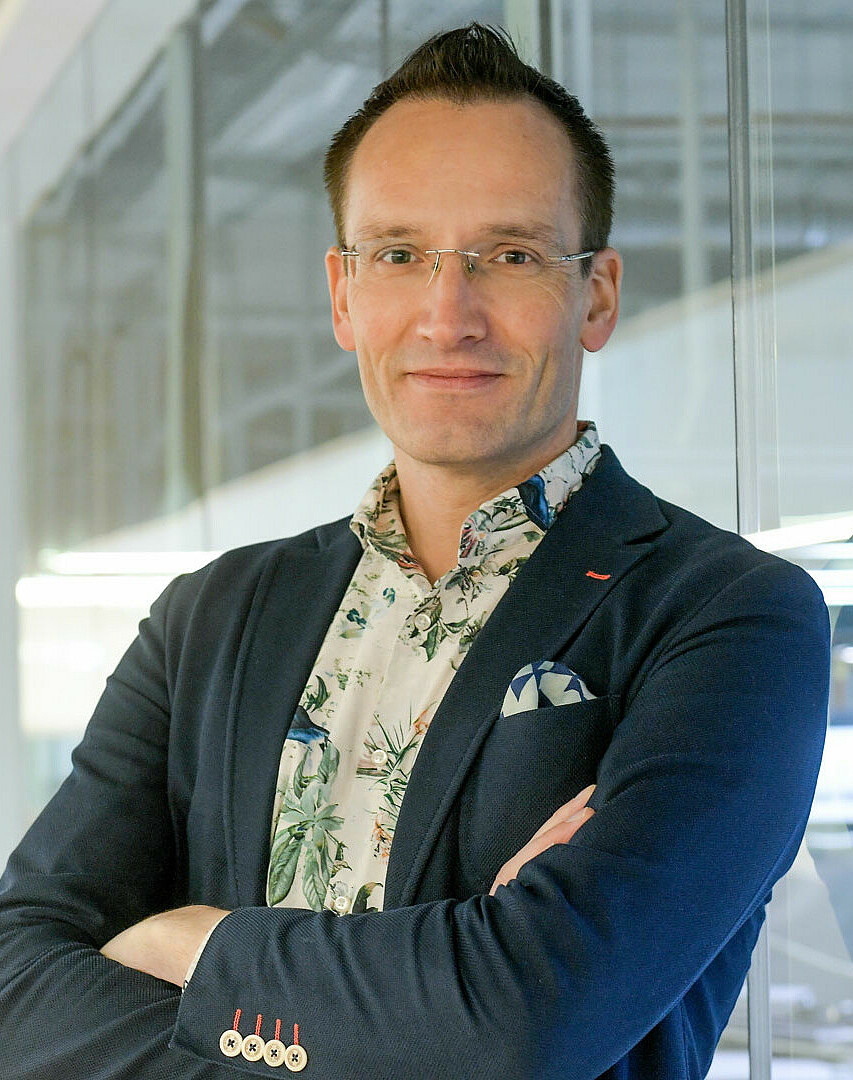
© WISTA Management GmbH
27.11.2024Prof. Dr. Stefan Hecht, Center for the Science of Materials Berlin
Photoreactive materials are both a matter of the heart and a research focus for him: Brain City Ambassador Prof. Dr. Stefan Hecht is an Einstein Professor of Organic Chemistry and Functional Materials at the Institute of Chemistry at Humboldt University of Berlin (HU Berlin) and Founding Director at the Center for the Science of Materials Berlin (CSMB).
Some passions are discovered early. This was also the case for Prof. Dr. Stefan Hecht. “Light has always fascinated me,” reflects the Brain City Ambassador. One early proof: in 1991, he won the state competition “Jugend Forscht” (Youth Researches). His topic: bioluminescence, the ability to chemically produce light, as seen in fireflies. Even today, light remains a central research theme for Stefan Hecht. As the Founding Director of the Center for the Science of Materials Berlin and Einstein Professor of Organic Chemistry and Functional Materials at the Institute of Chemistry at Humboldt University, he and his interdisciplinary team focus on “materiality.” He elaborates: “Our specialty is creating materials from the smallest molecular building blocks. Essentially, our work is similar to cooking. However, instead of pots or pans, we use glass flasks. We heat and manipulate the molecules to change their properties. In our case, this means designing molecules to react to light.” A molecule is like a photoswitch on a nanoscale, explains Stefan Hecht. “We can remotely control properties with light, for example, making substances insulating, semiconducting, or conducting.”
A classic example of the use of photoswitchable materials in everyday life is self-tinting sunglasses or glass panes in buildings. However, Stefan Hecht has already achieved far more spectacular “cooking experiments.” For instance, he developed a material with a colleague from the Free University that is reminiscent of “Mission Impossible” movies: it can be “written” with information on a molecular level using light, which then self-erases when read. “We have just submitted the project for publication,” says Hecht.
Already on the market is “Xolography.” The novel 3D printing technology uses two different wavelengths of light to create high-resolution structures. Stefan Hecht illustrates the principle with a Star Wars analogy: “Two lasers meet like lightsabers in an aquarium filled with liquid material molecules. Where the lightsabers intersect and both laser beams penetrate, the material hardens. This allows very precise and rapid printing of complex structures, such as a sphere within a sphere, optical lenses, or small-scale organ models. The latter could, for example, help reduce animal testing.”
The innovative 3D printing technology was developed by Stefan Hecht together with physicist Prof. Dr. Martin Regehly from the Technical University of Applied Sciences Wildau. In 2019, along with the experienced entrepreneur, economist, and lawyer Dirk Radzinski, they founded the start-up xolo. “We now have a team of around 20 employees,” says Stefan Hecht. “We produce and sell the printers and develop various materials – making them printable, often in collaboration with other companies. What particularly pleases me is that through xolo, ‘photoswitches’ are finding a concrete and scalable application in practice for the first time.”
Berlin is a global city. In science, there are designated experts for every topic here. Due to the high concentration of young people in their ‘storm and stress’ period, Berlin has always been a seedbed for change: a special environment for new ideas and unconventional paths.
The company xolo and the CSMB are located at a Berlin “Zukunftsort”, the Science and Technology Park Adlershof. For Stefan Hecht, this is a great advantage. “Science is very international. And Adlershof has a high density of researchers from all over the world. Not only is HU Berlin represented here with various scientific institutes, but there are also top-level non-university research institutions like the Helmholtz-Zentrum Berlin for Materials and Energy (HZB) and many other people working in the field of energy transition. At CSMB, however, we operate citywide. Our central theme is more sustainable materials – especially in the energy sector. To accelerate their development, scientists from the fields of chemistry and physics as well as mathematics and computer science, but also from cultural studies and biology, work closely together with us.”
Stefan Hecht is a true East Berliner: “I’ve always been very lucky with timing,” he says. “I was 15 years old when the Berlin Wall fell. Young enough to benefit from reunification.” He first studied at HU Berlin, then moved away from his hometown. He received a PhD at the University of California in Berkeley, later became a group leader at the Max Planck Institute for Coal Research in Mülheim an der Ruhr, then scientific director of the DWI Leibniz-Institute for Interactive Materials and professor of macromolecular chemistry at RWTH Aachen. Stefan Hecht left Berlin three times – and returned three times: in 2001, he took over an independent research group at the Freie Universität Berlin, in 2006 he was appointed as the youngest W3 professor of chemistry in Germany and chair of organic chemistry and functional materials at HU Berlin. In 2022, Stefan Hecht took over the leadership of CSMB. “As a Berliner, it is enormously important to leave the city from time to time. I learned an incredible amount with each stint away,” he explains. Today, the Brain City Ambassador appreciates the professional advantages of his hometown all the more: “Berlin is a global city. In science, there are designated experts for every topic here. Due to the concentration of young people in their ‘storm and stress’ period, Berlin has always been a seedbed for change: a special environment for new ideas and unconventional paths.”
To young people pursuing a career in science, Stefan Hecht recommends what has always clearly guided his path: “Follow your passion! If you are passionate about a topic and pursue this passion consistently, success will come naturally.” It is also important to experiment and learn from others. “One of my key learnings: you should always approach new things with an open mind.” It’s about keeping a broad perspective and not getting lost in details too quickly. Stefan Hecht adds, “There is a nice quote from Louis Pasteur: ‘Chance favors the prepared mind.’ I can fully confirm that.” (vdo)
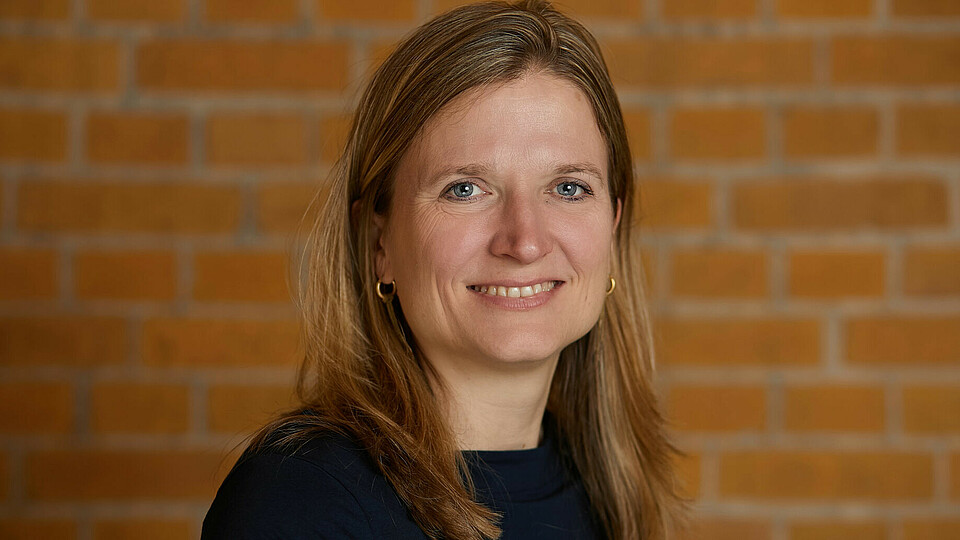
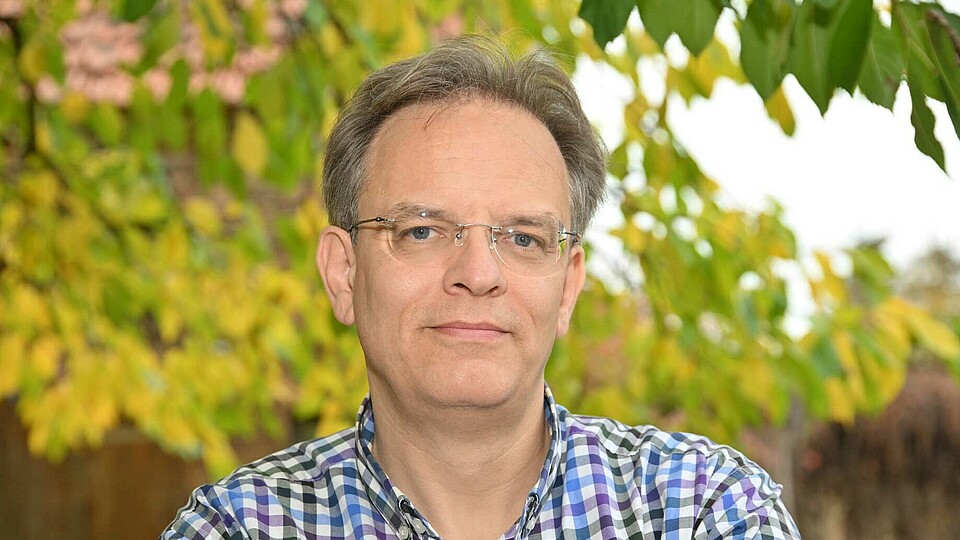
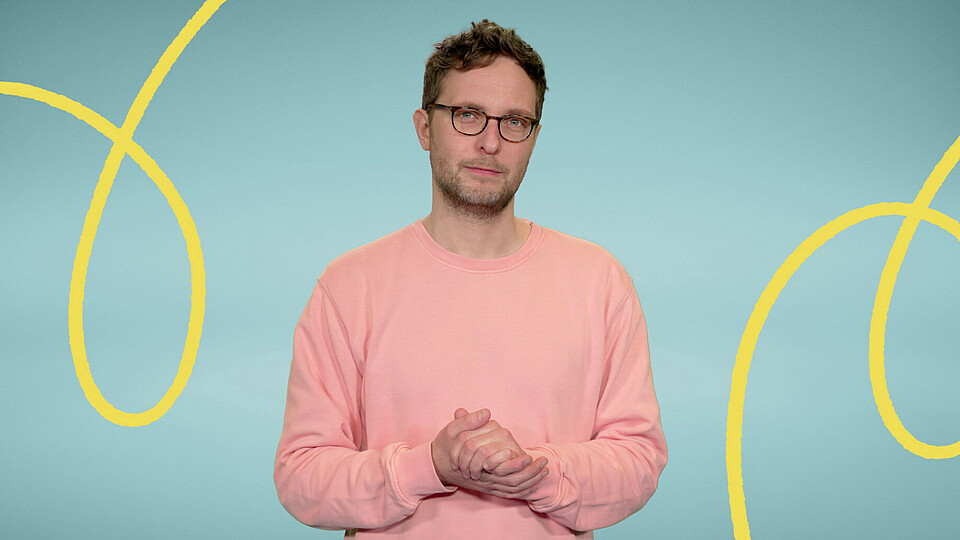
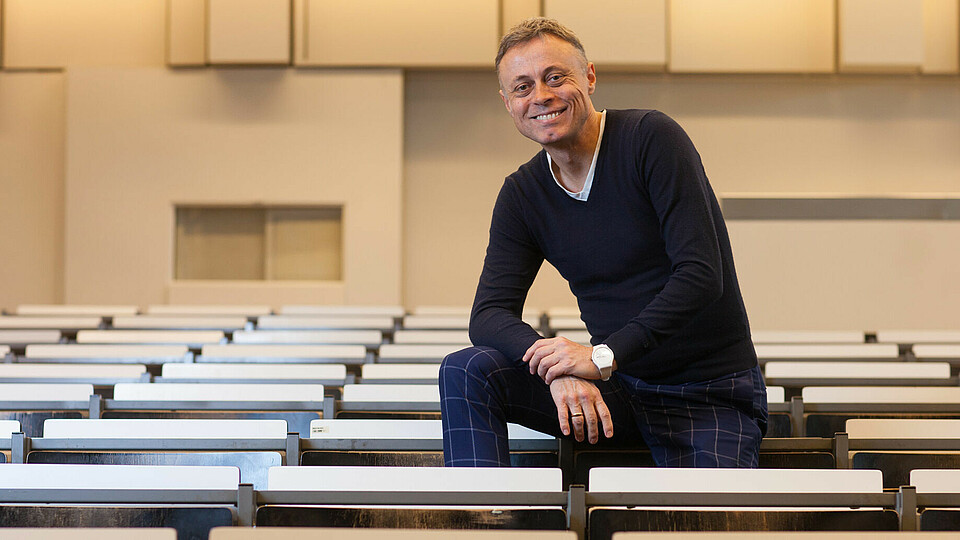
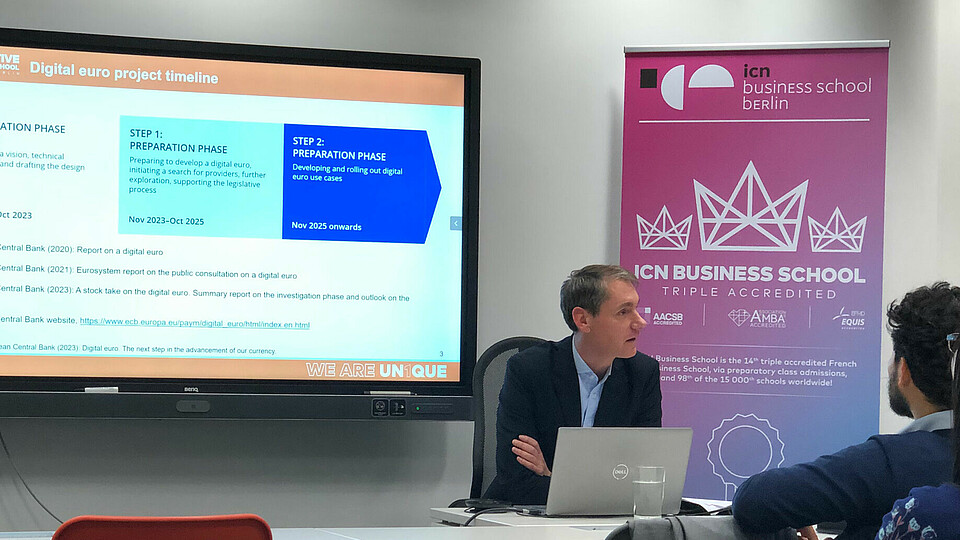
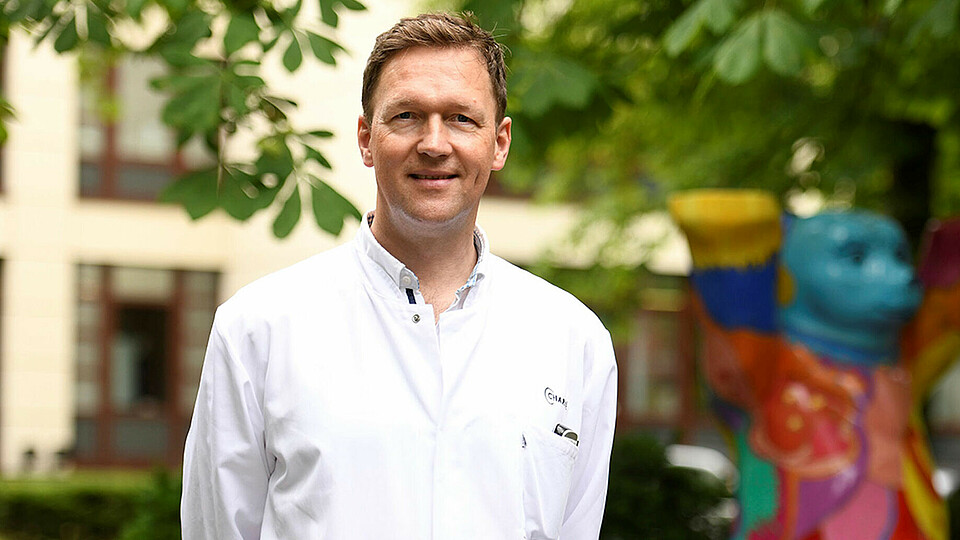
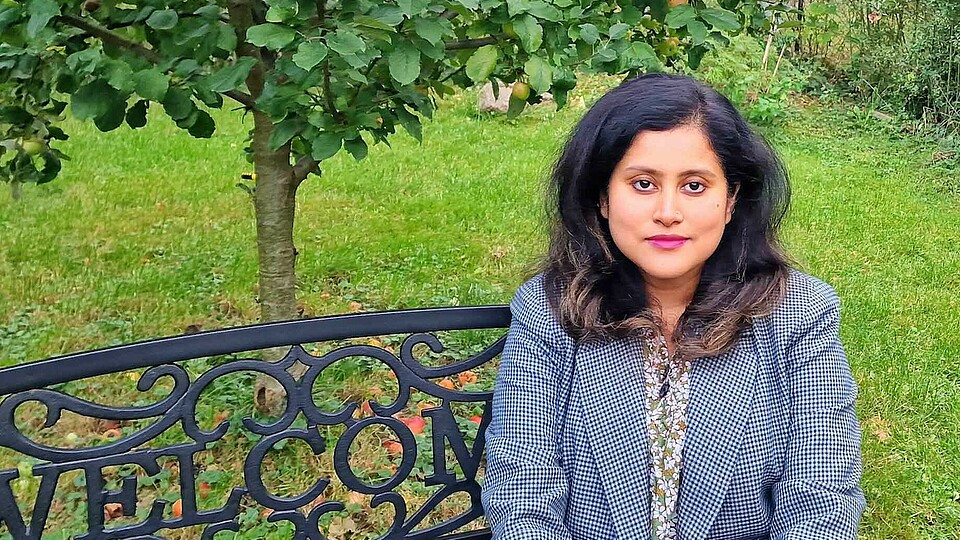
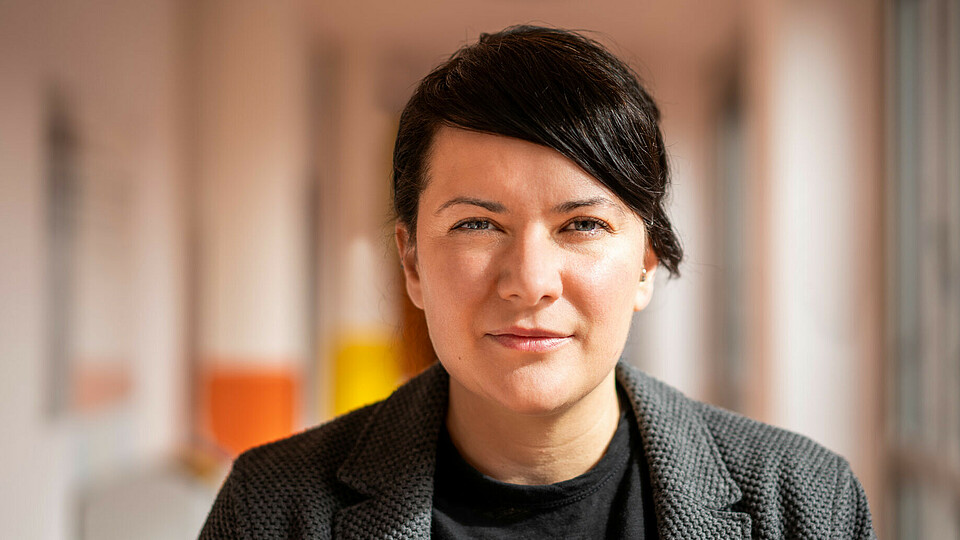
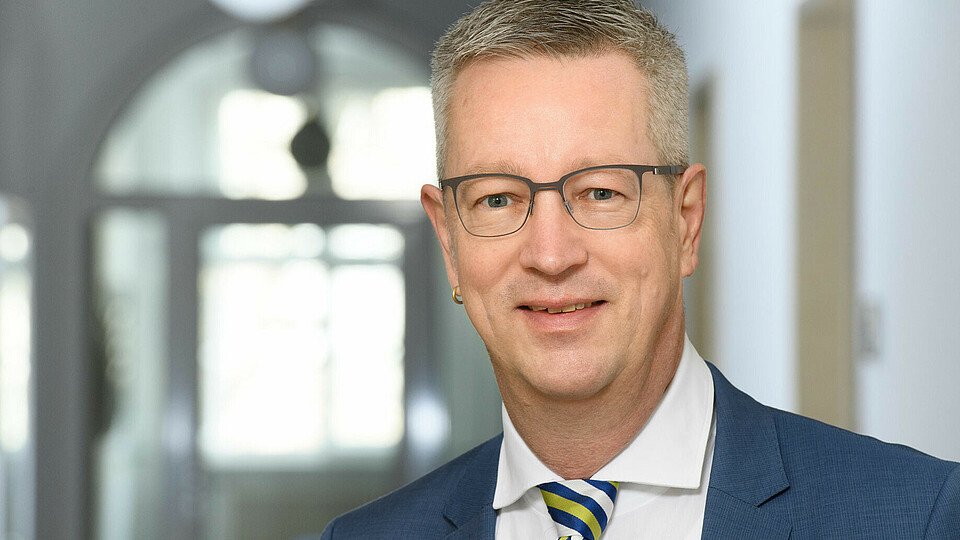
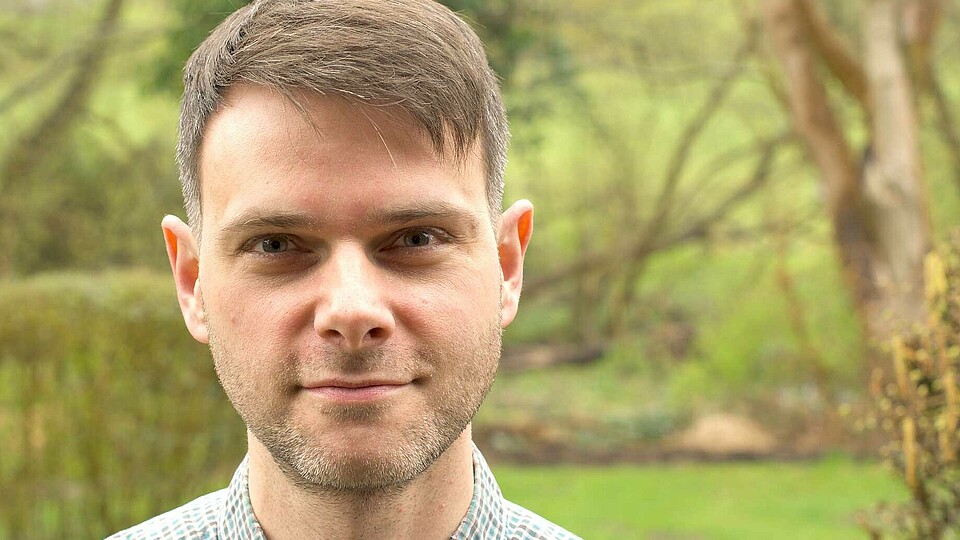
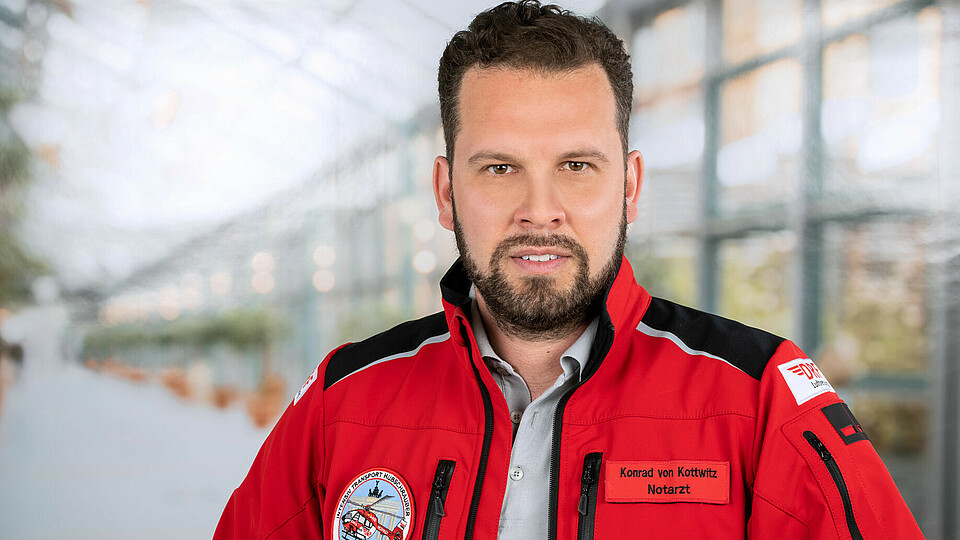
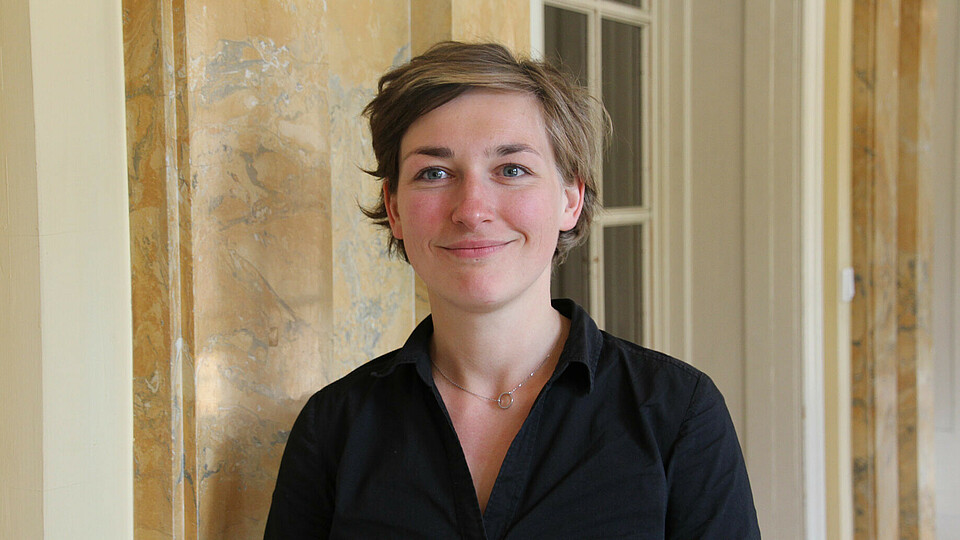
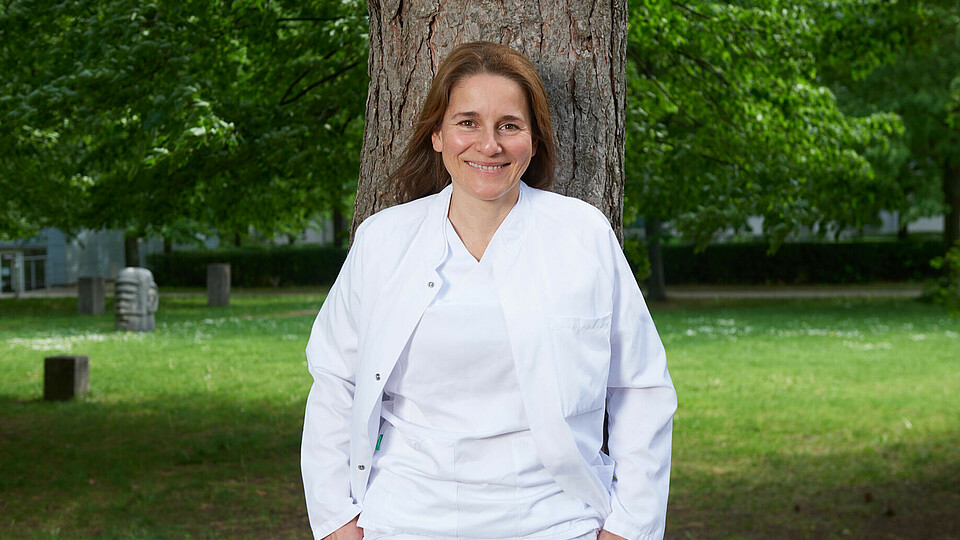
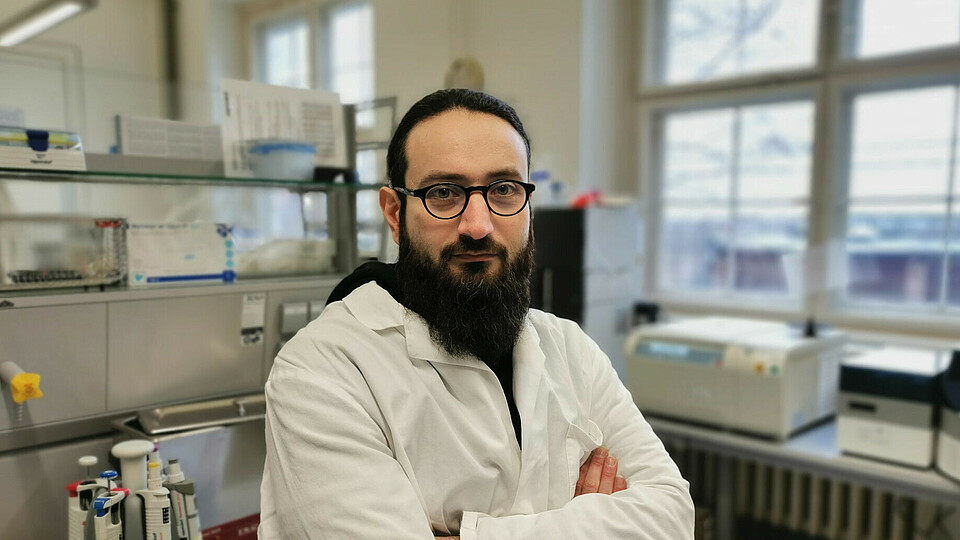
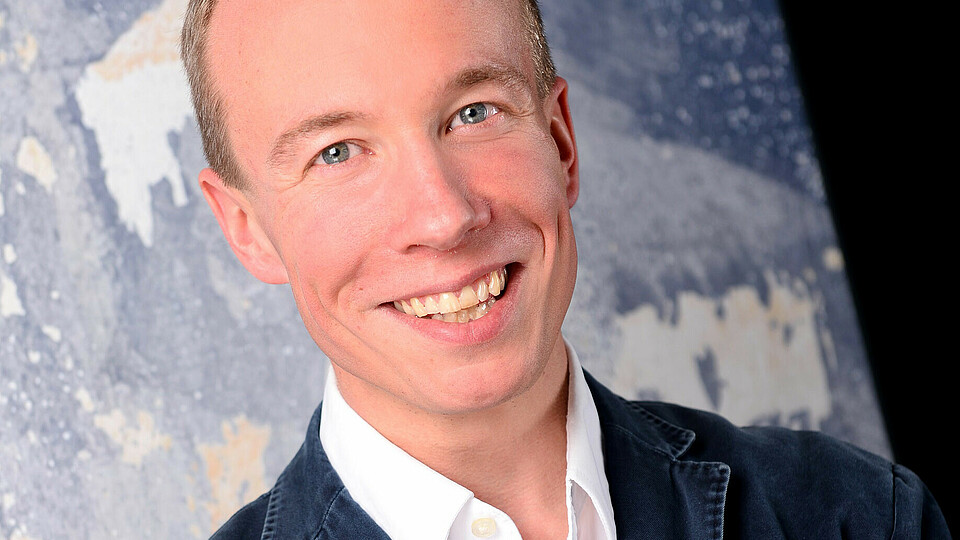
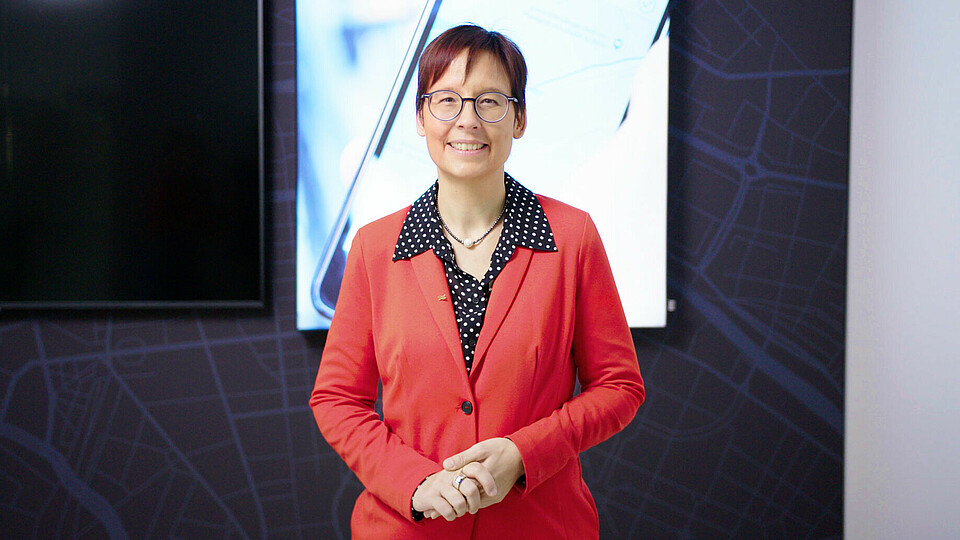
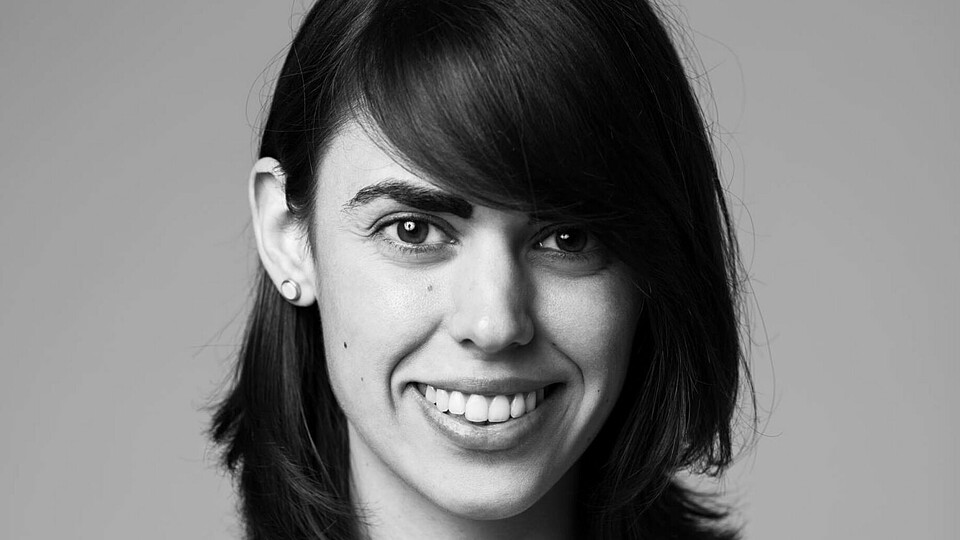
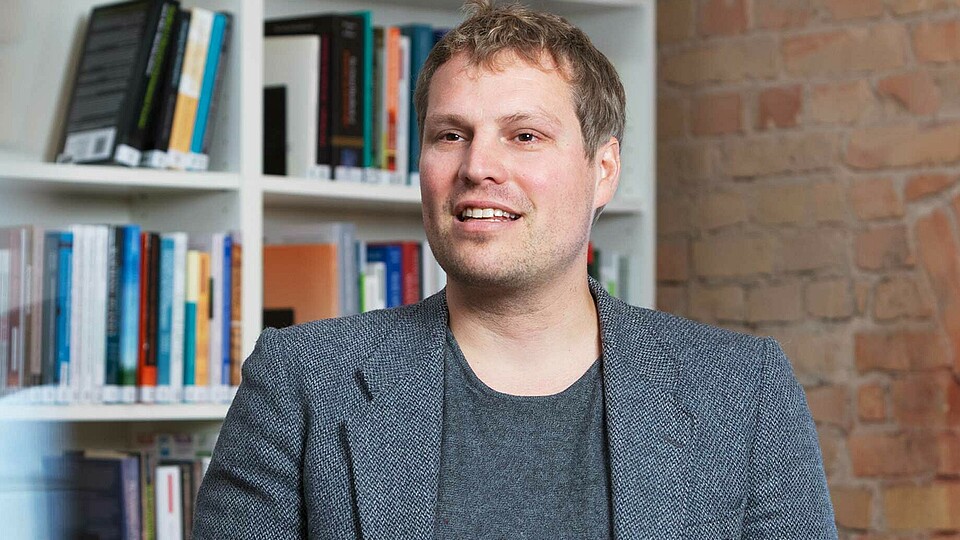
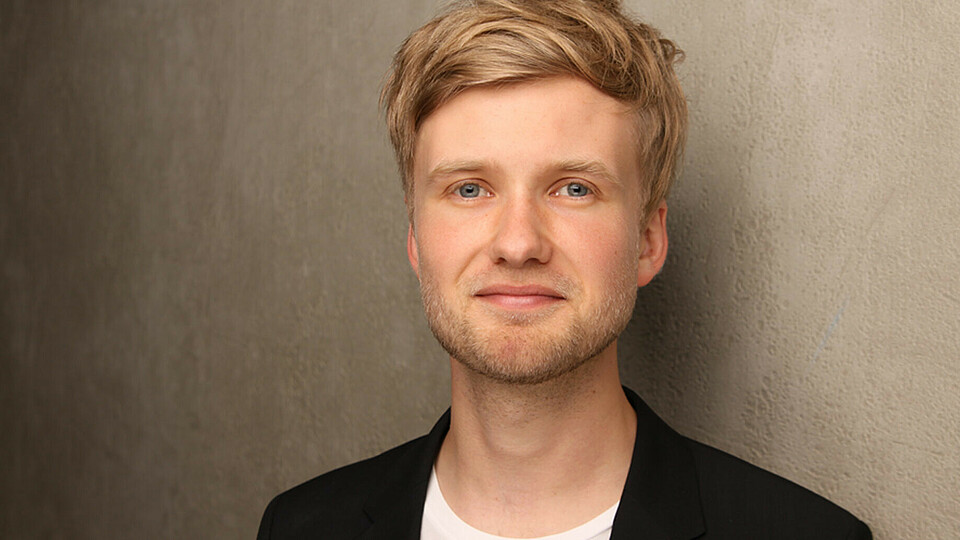
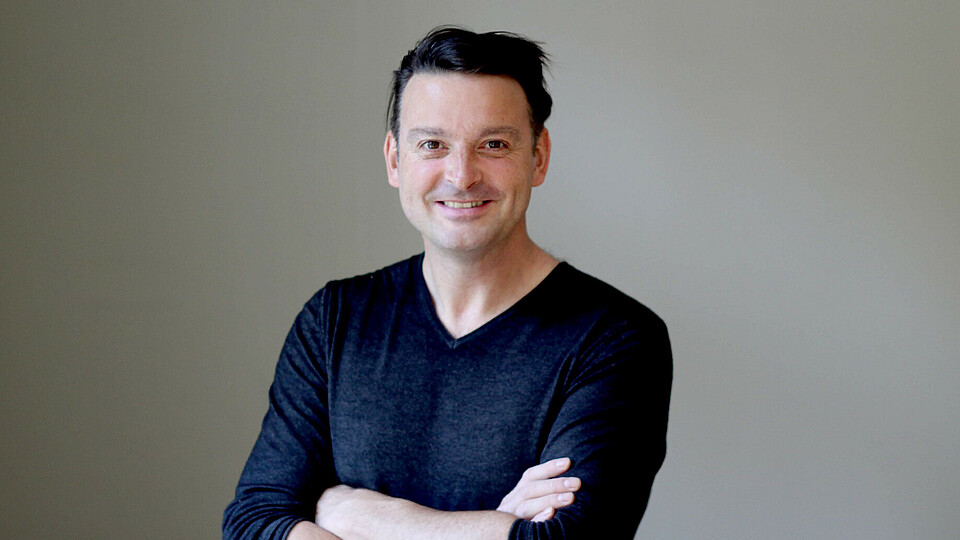
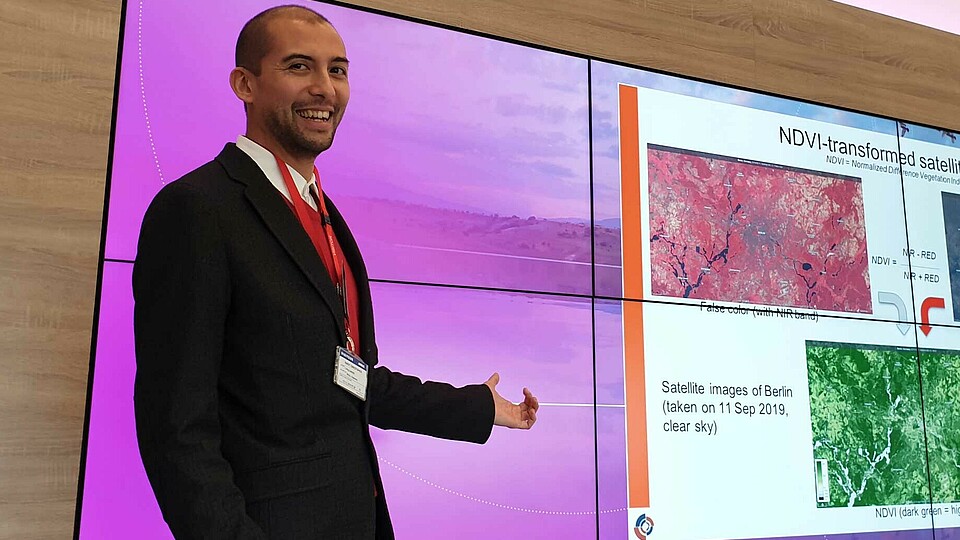
![[Translate to English:] [Translate to English:]](/fileadmin/_processed_/b/c/csm_Lang_Berlin-Partner_Philipp-Jester_683x384_31db623bc3.jpg)